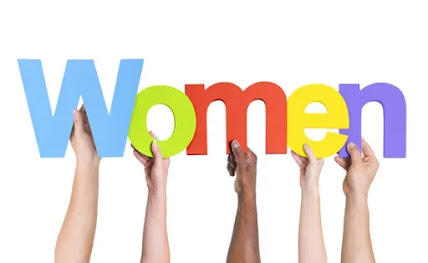The process of giving women the power, resources, and opportunities to make decisions about their own lives and to participate fully in all aspects of society is so-called Women Empowerment.
It involves promoting gender equality, challenging gender stereotypes, and dismantling structural barriers that limit women's access to education, employment, and political participation.
Empowering women is important for many reasons. It promotes economic growth and development, reduces poverty, improves health outcomes, and enhances social and political stability. It also helps to promote human rights and reduce gender-based violence.
There are many ways in which women can be empowered. Some strategies include increasing access to education and training, promoting equal pay and employment opportunities, improving access to healthcare and reproductive services, and strengthening legal and policy frameworks to protect women's rights.
It is important to note that women's empowerment is not a one-time event, but a continuous process that requires sustained effort and commitment. This involves working at multiple levels, from the grassroots to the global, and engaging a wide range of stakeholders, including governments, civil society organizations, the private sector, and individuals.
Overall, women's empowerment is critical for achieving gender equality and creating a more just and inclusive world for all.









